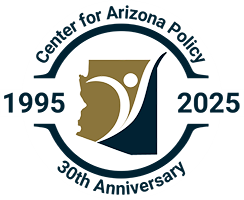In a victory upholding constitutional rights for parents and private religious schools, the U.S. Supreme Court has, again, stymied attempts to chip away at American’s right to freely practice their religion. The Court affirms that a state cannot offer financial programs to students attending secular schools, while refusing to offer those same programs to students attending religious schools.
Written by Chief Justice John Roberts, the Court’s 6-3 opinion today in Carson v. Makin requiring Maine to offer its tuition assistance program to both secular and religious school students, is consistent with its prior rulings in Espinoza and Trinity Lutheran. The Court ruled in Espinoza that Montana could not offer state scholarships to secular schools without also offering them to religious schools. In Trinity Lutheran, the Court ruled that the state could not discriminate against religious entities in grants for playground surfaces.
In today’s opinion, Justice Roberts wrote: “A neutral benefit program in which public funds flow to religious organizations through the independent choices of private benefit recipients does not offend the Establishment Clause.”
The Court has three times now sent a clear message that it will strike down this discriminatory behavior by states, affirming that treating secular and religious schools equally when it comes to assistance programs in no way violates the Establishment Clause of the First Amendment.
The Constitution’s prohibition of an established religion does not necessitate hostility toward religion as witnessed in Espinoza, Trinity Lutheran, and Carson. On the contrary, it requires neutrality. Anything less is discrimination.

